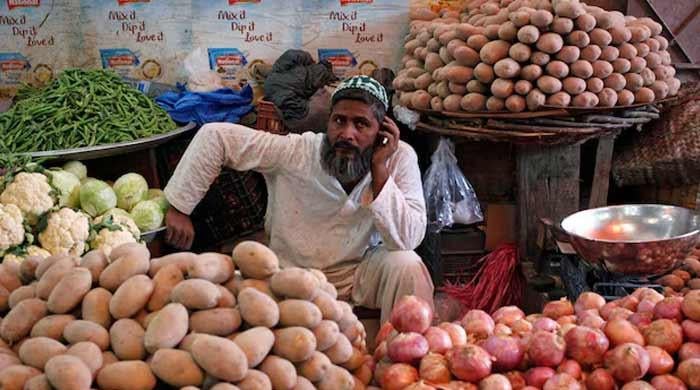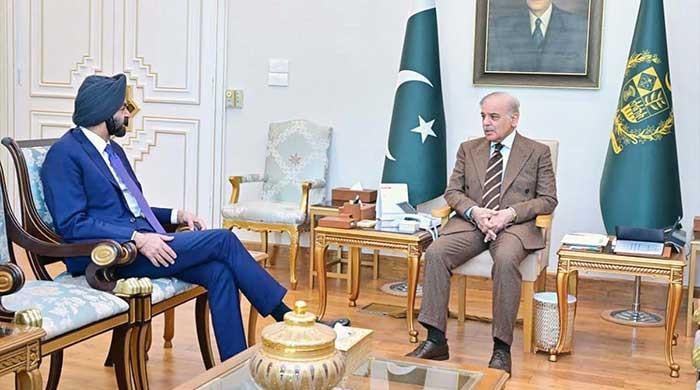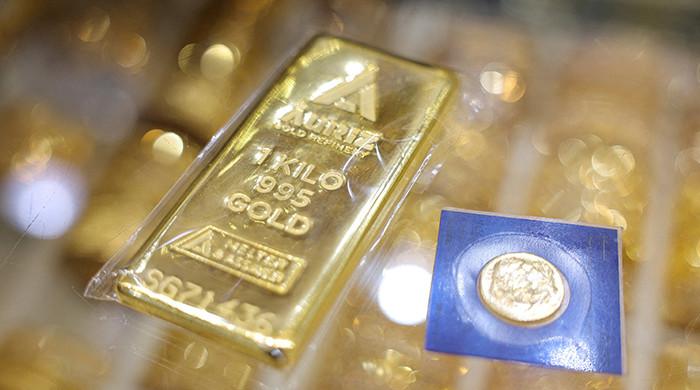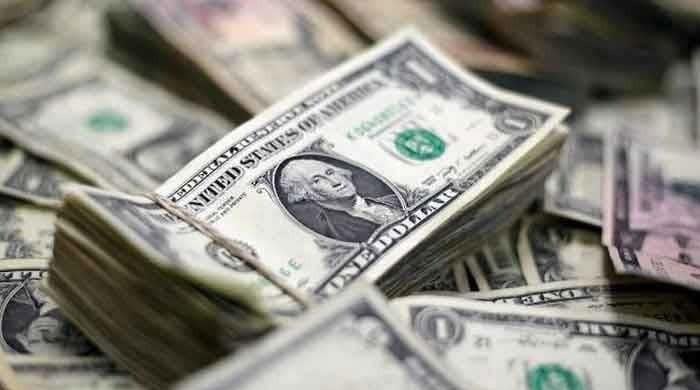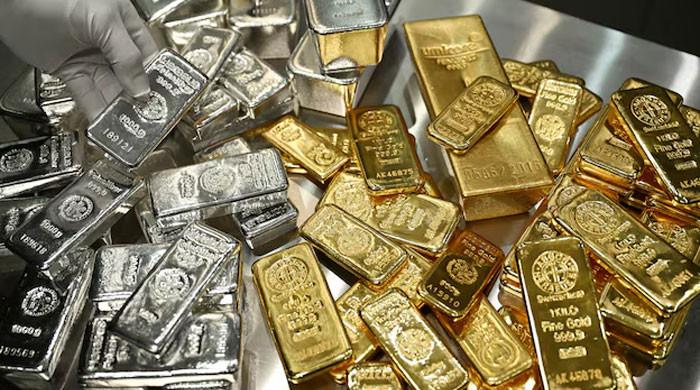Rupee snaps three-day losing streak against dollar
Local currency gains Rs1.28 in interbank market as exporters encash payments
February 06, 2023
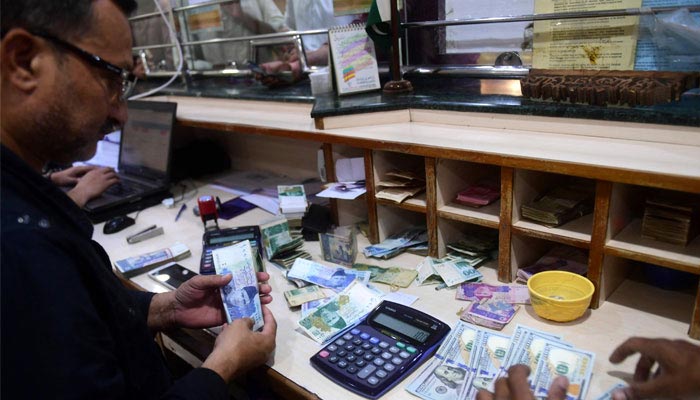
- Local currency gains Rs1.28 against the dollar.
- Paracha says it was a "very good" day for economy.
- ECAP official expects market sentiment to improve.
The Pakistani rupee has kickstarted the week on a positive note against the US dollar as exporters encashed large amounts of payments, boosting the market sentiment.
The local currency gained Rs1.28 or 0.46% against the dollar in the interbank market to close at 275.29, according to the State Bank of Pakistan (SBP), up from Friday's close of 276.58. Meanwhile, the rupee remained stable at 283 in the open market.
During the last week, the rupee plunged to a historic low against the dollar after Prime Minister Shehbaz Sharif said that the International Monetary Fund (IMF) was giving Pakistan "a tough time".
In a video statement, Exchange Companies Association of Pakistan (ECAP) General Secretary Zafar Paracha said that Monday was "very good" for Pakistan's economy as the rupee appreciated around 6 in the interbank market during intraday trade.
He said that the rupee's recovery has started as the exporters, who had earlier stopped their payments, have encashed them. He added that there has been pressure to sell dollars in the interbank market.
"It is expected that the market's sentiments will move towards betterment. The sentiments are changing as the people had [earlier] thought that the dollar would reach 300," said the ECAP's secretary general.
He urged the people to sell their dollars for profit-taking. "This would bring stability to our country, our foreign exchange reserves will increase, the rating will improve, the rate of our sukuk bonds will also get better and it will provide ease to the government in holding negotiations with the IMF."
Paracha added that the staff-level agreement with the Fund will be signed on February 9. "However, the IMF's conditions will raise inflation and for that, the government needs to manage its expenses."
He warned that if the people have to bear the brunt of the taxes, then this could lead to an anarchic situation in the country. He said that the government needs to take steps carefully as the political situation is also unstable.




